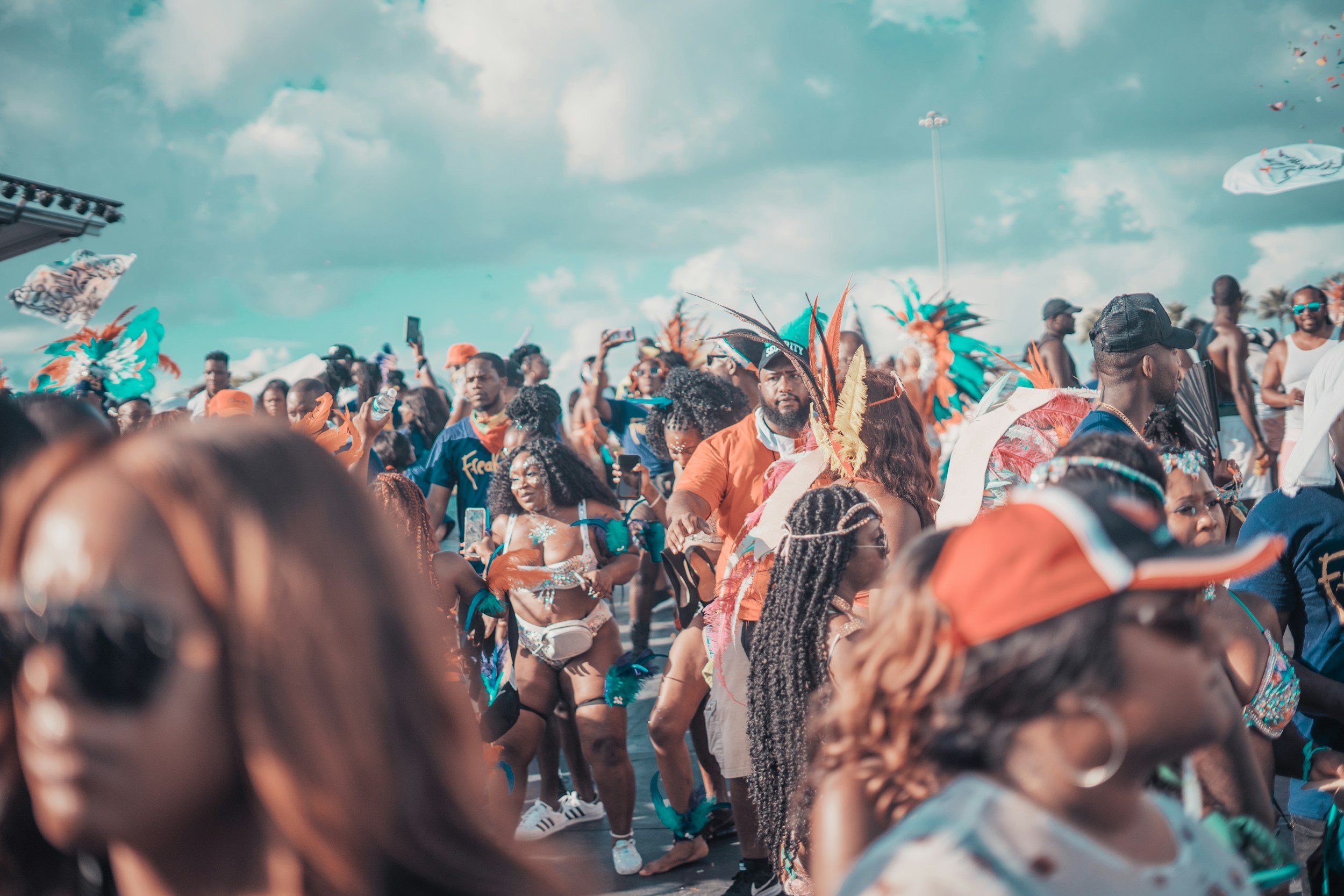
AFRICARNAVAL
The AfriCarnaval Initiative will delve into the concept of equity within our community and devise strategies to foster economic equity. Along this journey, we aim to develop policies that can be shared with local and global partners.
Historically, Carnival was a festival that was celebrated in Venice, Italy dating back to 1296. Over time, this pre-Lenten celebration spread to Spain and France, who brought the Carnival celebration to various parts of the Caribbean and portions of the Southeastern United States, mainly Alabama and Louisiana. Mardi Gras celebrations, specifically in New Orleans, Louisiana, were not inclusive to enslaved people, free people of color, or anyone of African descent. Rather anyone who was of African descent or Black was looked upon as subjects of the Mardi Gras Balls and Parades, who should serve and were not allowed to participate in Mardi Gras Krewe celebrations.
In New Orleans, our Carnival traditions originated from the city's African descendants and Creoles as a way to celebrate African culture. Some researchers suggest that it also served as a form of satire towards white culture, particularly European individuals and white men who were slave owners and plantation owners. Throughout history, New Orleans embraced West and Central African parade customs, with enslaved people typically receiving three days off before Mardi Gras to observe their own version of the festivities. Eventually, we developed our own unique Black cultural celebrations and organizations that include the Black Masking Indians, Skull and Bones Gang, the Baby Dolls, the Zulu Social Aid and Pleasure Club and the Original Young Men of Illinois, etc.
Several centuries later, we are still talking about how we can honor Mardi Gras and the other Carnival celebrations globally by asking ourselves, civic leaders, global partners, and cultural stakeholders, “How can we create cultural and economic equity?” How can our communities capture and benefit, on social and economic levels from the millions of visitors and revelers that visit our locales annually? Here in New Orleans, Mardi Gras attracts between 1.4 – 1.6 million visitors annually to New Orleans.
In response, Ashé has taken up the mantle heeded the call and established the AfriCarnaval Initiative. The AfriCarnaval Initiative will delve into the concept of equity within our community and devise strategies to foster economic equity. Along this journey, we aim to develop policies that can be shared with local and global partners. Our primary objective with the AfriCarnaval Initiative is to restore the fractured balance between cultural and economic equity.
One way the AfriCarnaval Initiative seeks to create equity is in economic development, and we are excited to announce that we created an AfriCarnaval Cohort to work with culture bearers, organizations, and business enterprises to help grow their business efforts and provide them with the tools and opportunities to build and tap into the cultural, tourism dollars that are invested in the New Orleans area. As we work in tandem with these entities, we plan to also use this Cohort to help create policies around Black cultural equity and document the economic development of these Carnival enterprises as well as provide quantified statistics. As we do the work, our goal is to partner and share this information with other Carnival Organizers Worldwide to learn more about how to keep more Carnaval dollars in the pockets of our communities while preserving and revering the cultural traditions that we hold so dear.
We are at the beginning stages and are excited to announce the upcoming launch of our first Small Business Cohort this fall. We kindly request the assistance of small business owners, and creative entrepreneurs in helping us by completing the online survey. We thank you in advance for taking the time and effort and helping us capture this important information.
Stay tuned for announcements and updates as we collaborate with our community of creative entrepreneurs and our Policy Design Group Committee to develop this groundbreaking AfriCarnaval Initiative and Cohort! Expect more information coming your way soon!
